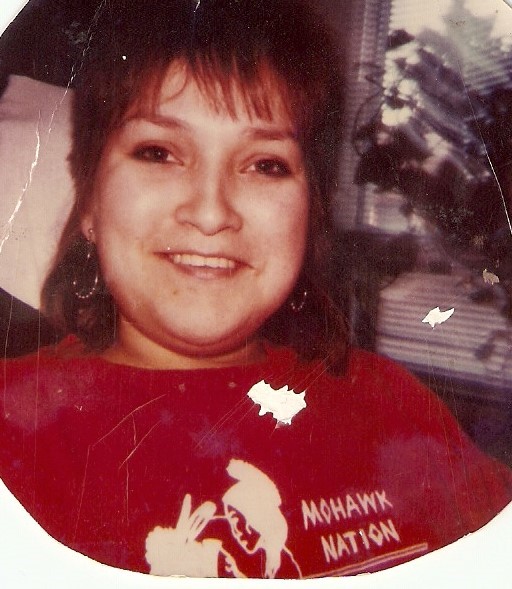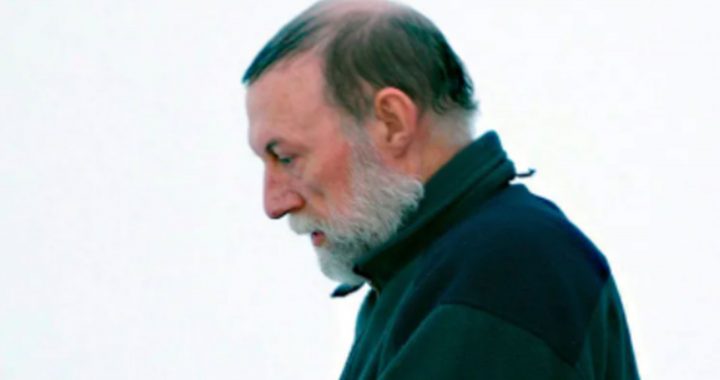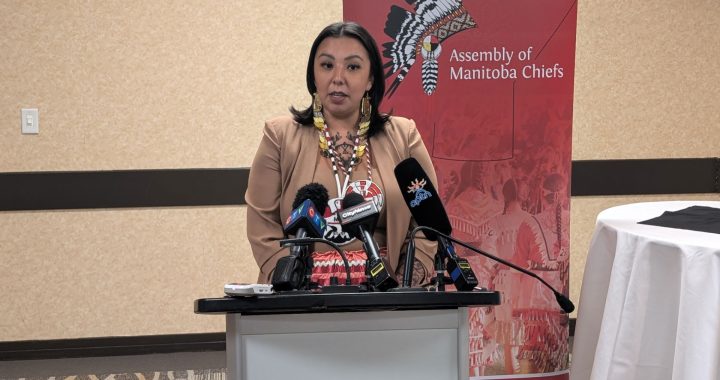After they found her sister’s remains in the woods, Cheryl McDonald feared walking through the forest during the fall.
The Mohawk from Akwesasne is still haunted by the memory of visiting the scene where Carleen McDonald’s remains were found in October 1988.
After police investigated the site, her family found Carleen’s hair and an empty bottle of rum.
“Going into the woods and thinking how she laid there, what happened to her body after in the seven weeks,” said Cheryl on Monday, during the first day of the National Inquiry into Missing and Murdered Indigenous Women and Girls hearings in Montreal. “It was painful. If I saw a log in a distance, I would get afraid. I felt afraid of the woods. I had bad memories.
“The woods became this place of death.”
It was the middle of the night on Sept. 4, 1988 when Carleen McDonald snuck out of her parents’ house in Akwesasne, leaving her sleeping children and relatives. It took seven weeks before a deer hunter found the young mother’s remains in the woods nearby. A suicide note had been left behind, in Carleen’s handwriting.
But Cheryl initially had suspicions about how her sister died. She testified that Carleen had recently broken up with her abusive common-law husband and the father of their three children. She had questions for him but she said he was never a suspect.
“I was frustrated with the police,” she said, adding she felt officers in Akwesasne did not thoroughly search the woods near her parents’ house.

While testifying, a picture of Carleen appeared on a screen behind her. She’s wearing a red Mohawk Nation shirt, spikey hair in the style of Rod Stewart, who she adored, and a big, toothy smile. She had been to the orthodontist for braces and it was orthodontist records that would help identify her remains.
It took 27 years for Cheryl to face her sister’s tragic story. She began her healing journey almost three years ago. She started publicly talking about it during pre-consultations for the inquiry. And she took up beading floral designs onto a red dress.
Her and her sister never danced at ceremonies as children, but Cheryl dons the dress now and dances in Carleen’s spirit.
Growing up in New York State, Cheryl and her sister were tomboys, hunting, fishing and playing in the woods.
Now Cheryl is able to go for long walks through the woods alone, hugging the trees and reconnecting with the Creator.
“Her spirit is there,” she said.
More than 70 people are expected to testify at the inquiry this week in seven languages: English, French, Cree, Naskapi, Algonquin, Attikamekw and Inuktitut.










